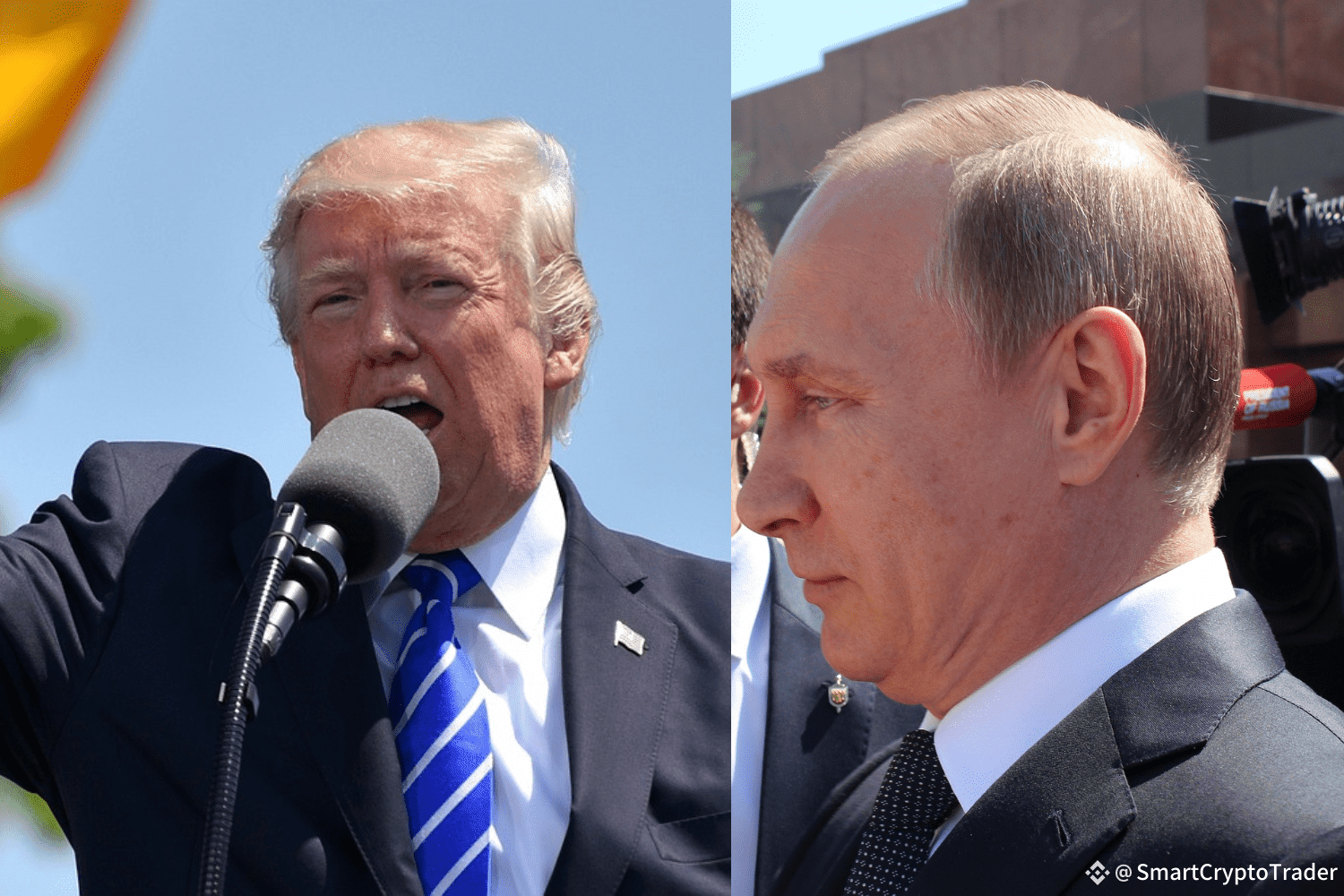On Sunday afternoon, while most Americans were absorbed in their weekend routines, a political announcement reverberated across the globe. U.S. President Donald Trump revealed that on August 15, he will meet Russian President Vladimir Putin in Alaska — a location steeped in historical irony, once part of Russia until its sale to the United States in 1867 for $7.2 million.
This high-profile summit is not about diplomacy in the abstract or ceremonial gestures. Its stated purpose: to discuss the future of the war in Ukraine.

A Surprise Meeting with Global Implications
President Trump’s brief but emphatic statement — “I will be meeting President Putin in Alaska. We’re going to make history.” — set off immediate reactions in capitals worldwide.
According to White House sources, the meeting had been under quiet negotiation for weeks, with details kept from even senior NATO diplomats until just before the public announcement. Early reports suggest that potential “territorial adjustments” may be discussed as part of a peace proposal — a term that, in Kyiv, is viewed as synonymous with territorial concessions.
---
Kyiv’s Swift Rejection
Ukrainian President Volodymyr Zelensky responded within hours, stating:
> “Ukrainians will not give their land to the occupier — no matter who sits at the table.”
The remarks underscored both Ukraine’s unwillingness to cede territory and frustration at being excluded from direct participation in discussions that could determine its borders and sovereignty.
---
European Concerns and Diplomatic Warnings
In Paris, Berlin, and London, the reaction was immediate and cautious. European leaders jointly warned that any peace agreement reached without Ukraine’s consent would lack legitimacy and could undermine international law.
Privately, some European officials have characterized the Alaska summit as a potential “diplomatic trap,” warning it could allow Russia to consolidate gains without making substantive concessions.
---
Moscow’s Optimism
Russian state media reacted with visible enthusiasm, framing the summit as a diplomatic success for President Putin. Commentators noted the symbolic significance of meeting on U.S. soil while maintaining Russia’s military position in Ukraine. One Russian newspaper’s headline read: “From the Bering Strait, With Love.”
---
High Stakes in Alaska
When the two leaders meet in Alaska on August 15, they will do so from markedly different positions. President Trump is positioning himself as a dealmaker capable of ending the war rapidly. President Putin arrives as a leader who has altered borders by force and resisted Western sanctions.
For some, the meeting represents a rare opportunity to halt the bloodshed. For others, it risks legitimizing territorial changes achieved through military aggression, potentially reshaping global norms.
Meanwhile, Ukrainian forces will remain on the front lines that day, uncertain of what agreements might be made — and how those decisions could redefine their land, their homes, and their future.